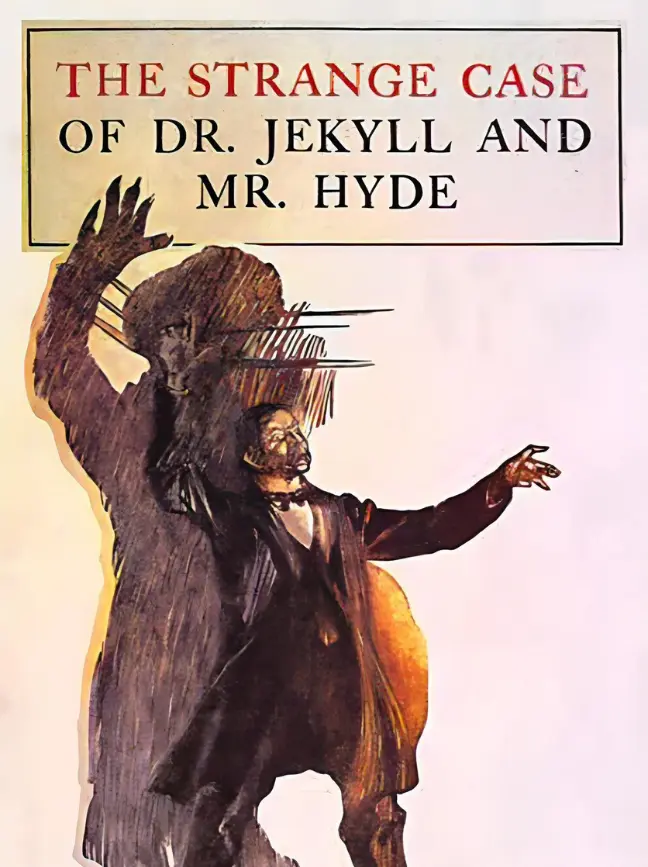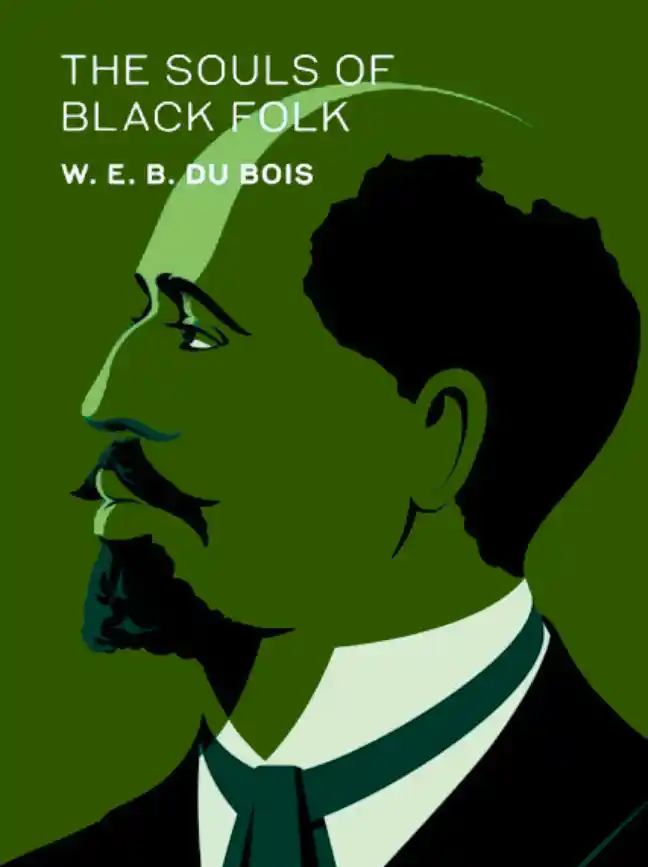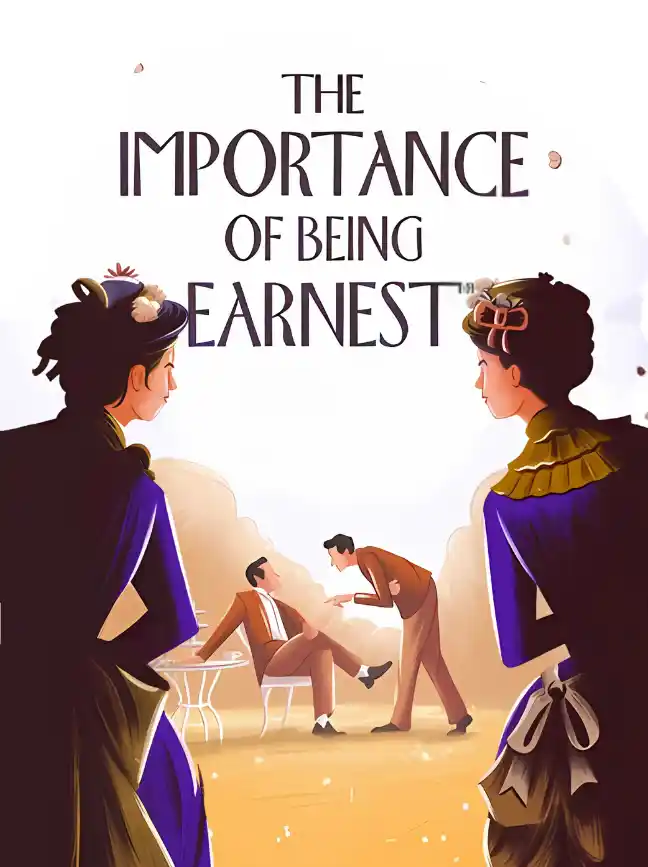The new doctor took her by surprise. Not that there was anything unusual in his arrival – doctors came and went often enough. But this one was young. New to the profession, as well as the place. There was a brightness to him that made her eyes ache.
‘This is her? Mrs Bainbridge?’ The Mrs was a nice touch. She could not remember the last time she had been given a title. It played like a tune she could only just recall. He looked up from his notes, intent upon her. ‘Mrs Bainbridge, my name is Dr Shepherd. I am here to help you. To make sure we are giving you the sufficient level of care.’
Care. She wanted to stand up from where she sat on the edge of the bed, take his arm and gently guide him to the door. This place was not for innocents. Next to the stocky, middle-aged hag of an attendant he looked so vibrant, so alive. The limewashed walls had not yet leeched the colour from his face or dulled the tone of his voice. In his eyes she saw the gleam of interest. This disturbed her more than the attendant’s scowl.
‘Mrs Bainbridge? Do you understand?’
‘Told you.’ The attendant sniffed. ‘You’ll get nothing from her.’
The doctor sighed. Tucking his papers under his arm, he came farther into her cell. ‘That does happen. Often in cases of great distress. Sometimes the shock is so intense that it renders the patient unable to speak. It seems likely, does it not?’
They bubbled up, the words in her chest. Her ribs ached and her lips tingled with the force of them. But they were ghosts, echoes of
things that had been. She would never experience them again.
He bent forward so that his head was level with hers. She was acutely aware of his eyes, wide and unblinking behind his spectacles. Palest rings of mint green.
‘It can be cured. With time and patience. I have seen it done.’
The attendant sucked in a disapproving breath. ‘Don’t get close, doctor. She’s a fierce one, all right. Spat in my face once.’
How steadily he watched her. He was close enough for her to smell him: carbolic soap, cloves. Memory flickered like a tinderbox. She refused to let the flint spark.
‘You do not wish to recall what happened to you. But you can talk. The smoke inhalation was by no means bad enough to render you mute.’
‘She won’t talk, doctor. This one’s no fool. Knows where they’ll put her if she ain’t in here.’
‘But she can write?’ He looked about the room. ‘Why is there nothing here for her to write with? Have you not tried to communicate with her?’
‘Wouldn’t trust her with a pen.’
‘A slate then, and chalk. You will find them in my room.’ He fished in his pocket and thrust a key at the attendant. ‘Fetch them. Now, if you please.’
With a frown, the attendant took the key and shuffled out the door.
They were alone. She felt his eyes upon her – not hard but uncomfortable, like the tickle of an insect crawling over her leg.
‘Medicine is changing, Mrs Bainbridge. I am not a man who will give you electric shocks or plunge you into cold baths. I want to help.’ He cocked his head. ‘You must know that certain . . . accusations have been made against you. Some people suggest you should be moved to a more secure facility. Or that perhaps you do not belong in an asylum at all.’
Accusations. They never explained the basis of the charge, only called her a killer, and for a while she had lived up to the reputation: throwing cups; scratching the nurses. But now she had a room of her own and stronger medication, it was too much effort to act the part. She would rather sleep. Forget.
‘I am here to decide your fate. But in order to help you, I need you to help me. I need you to tell me what happened.’
As if he could understand. She had seen things beyond the comprehension of his small, scientific brain. Things he would deny were possible until they stole up beside him and pressed their worn, splintered hands against his.
A dimple appeared in his left cheek as he smiled. ‘I see what you are thinking. Every patient says the same, that I won’t believe them. I confess, there are many delusions here, but few are without foundation. Some experience has formed them. Even if it sounds extraordinary, I should like to hear it – what you think happened. Sometimes, the brain cannot cope with the information it has to process. It makes sense of trauma in odd ways. If I can hear what your mind tells you, I might be able to understand how it works.’
She smiled back. It was an unpleasant smile; the one that made the nurses edge away. He didn’t flinch.
‘And perhaps we can turn your predicament to our advantage. When a trauma has occurred, it often helps the victim to write it down. In a detached way. As if it happened to someone else.’ The door whined; the attendant had returned with the chalk and slate in hand. Dr Shepherd took them and reached towards the bed, offering the items like an olive branch. ‘So then, Mrs Bainbridge. Will you try for me? Write something.’
Tentatively, she reached out and picked up the chalk. It sat strangely in her hand. After all this time, she could not remember how to begin. She pressed the tip to the slate and drew a vertical line. It squeaked – an awful, high-pitched squeal that set her teeth on edge. She panicked, pushed too hard. The end of the chalk snapped off.
‘I really do think a pencil would be easier for her. Look, she is not dangerous. She is simply trying to do as we ask.’
The attendant glared. ‘On your head be it, doctor. I’ll bring one later.’
She managed to scrape out some letters. They were faint, but she was afraid to use force again. Just visible on the slate was a shaky Hello.
Dr Shepherd rewarded her with another smile. ‘That’s it! Keep practising. Do you think you could build it up, Mrs Bainbridge, and
do as I asked? Write down all you remember?’ As easy as that.
He was too young. Too fresh and full of hope to realise there would be times in his life he would want to erase – whole years of unbearable moments.
She had pushed them down so deep that she could only reach one or two. Enough to confirm she did not want the rest. Whenever she tried to think back, she saw them. Their awful faces barring the way to the past.
She used the cuff of her sleeve to wipe the slate clean and write again. Why?
He blinked behind his glasses. ‘Well . . . Why do you think?’ Cure.
‘That’s right.’ The dimple appeared again. ‘Imagine if we could cure you? Set you free of this hospital?’
God love him. No.
‘No? But . . . I do not understand.’
‘Told you, doctor,’ said the attendant in her harsh, magpie voice. ‘She did it, all right.’
She tucked her legs up and lay flat on the bed. Her head throbbed. She raised her hands to her scalp and gripped, trying to hold things in place. Bristles prickled from her shaved head. Hair growing, months passing, locked away.
How long had it been? A year, she supposed. She could ask them, write the question on the slate, but she feared to learn the truth.
Surely it was time for her medicine, time to deaden the world? ‘Mrs Bainbridge? Mrs Bainbridge, are you well?’
She kept her eyes shut. Enough, enough. Four words, and she had written too much.
‘Perhaps I have pushed her too hard for today,’ he said. But still he hovered, an unsettling presence by her bed.
This was all wrong. Her mind was thawing.
Finally, she heard him straighten up. Keys jangled, a door creaked open.
‘Who next?’
The door closed and muffled their voices. Their words and steps petered away down the corridor.
She was alone, but the isolation did not comfort her as it used to. Noises that usually went unnoticed came painfully loud: the rattle of a lock, laughter far away.
Frantic, she buried her face beneath her pillow and tried to forget
The truth. She could not stop thinking about it during the cold grey hours of silence.
They didn’t get newspapers in the day room – at least, not when she had been allowed in there – but rumours had a way of seeping under doors and through cracks in the walls. Journalists’ lies made it into the asylum long before she did. Ever since she awoke in this place, she had been given a new name: murderess.
Other patients, attendants, even the nurses when they thought no one could hear: they twisted their mouths and bared their teeth as they said it, ravenous. Murderess. As if they wanted to frighten her. Her.
It wasn’t the injustice she loathed but the noise, its syllables hissing in her ears like – No.
She shifted in bed and hugged her goose-pimpled arms tight, trying to hold herself together. Until now she had been safe. Safe behind the walls, safe behind her silence, safe with the beautiful drugs that drowned out the past. But the new doctor . . . He was the clock signalling with a dread knell that her time was finished. Perhaps you do not belong in an asylum at all.
Panic spiralled in her chest.
Back again to the same three options. Say nothing and be presumed guilty. Destination: the gallows. Say nothing and, by some miracle, be acquitted. Destination: the cold, sharp world outside, no medicine to help her forget.
Only one choice remained – the truth. But what was that?
Gazing back to the past, the only faces she saw clearly were those of her parents. Around them, shadowy figures massed. Figures full of hate that had terrified her and twisted the course of her life.
But no one would believe that.
A full moon shone in silvery lines through the window at the top of the wall, touching her head. She lay there, watching it, when the thought came to her. In this place of misrule, everything was upside
down. The truth was mad, beyond the realms of any healthy imagination. And that was why the truth was the only thing guaranteed to keep her under lock and key.
She slid from the bed onto the floor. It was cold and faintly sticky. No matter how many times they mopped it, the scent of piss hung in the air. She crouched down beside her bed, finally facing the bulky shadow across the room.
Dr Shepherd had ordered it put there: the first new item in an unchanging landscape. Just a desk. But it was another instrument to crack open the charnel house and exhume all she had buried.
With her pulse pounding in her neck, she crawled across the floor. Somehow she felt safer down low, crouched beneath it, looking up the notched legs. Wood. She shivered.
Surely there was no reason to be cautious, here. Surely they could not take any piece of wood and . . . It wasn’t possible. But then none of it was possible. None of it made the least bit of sense. Yet it had happened.
Slowly, she stood and surveyed the surface of the desk. Dr Shepherd had left all the implements out for her: paper and a thick, blunt-ended pencil.
She pulled a page towards her. In the gloom she saw a void of white, waiting for her words. She swallowed the pain in her throat. How could she relive it? How could she bring herself to do it to them, all over again?
She peered into the blank page, trying to see, somewhere in its vast expanse of nothing, that other woman from long ago.






